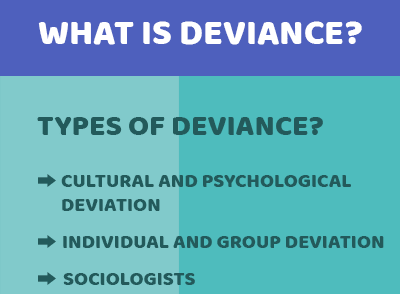Classify the various types of Roles.
CLASSIFICATION OF ROLES.
Although literature is replete with typologies of roles, among the most important are those of ascribed and achieved roles.
Ascribed and Achieved Roles.
Having noted that our life consists of playing out a wide variety of roles, we can note two further aspects to role play:
- There are some roles that we choose to play. These are called achieved roles.
- There are some roles we are forced to play. These are called ascribed roles.
An achieved role is, as the term suggests, a role we have to “chosen” to play. We have, in short, done something to achieve them. Your role as a student, for example, is an achieved’ one because you have both chosen to play it and done something that allows you to act on your choice. In other words, you achieved the GCSE grades you needed to study at A-level.
These roles are called ascribed because they are roles given to us by other, more powerful, people. For example, between the ages of 5 and 16 in our society, everyone is given the ascribed role of schoolchild. The government has decided that everyone must play this role, whether they want to or not.
Relational Non-relational Roles.
The roles divided into relational and non-relational. When a role performance is dependent on a complementary role, it is relational while non-relational is not e.g. relational roles are husband-wife, creditor debtor, those of non-relational roles apoet, scholar. Thus Nadel’s classification is based on the kind of conduct expected of role.
Basic, General and Independent Roles.
Banton classified roles into basic, general and independent. He elaborated these roles on a scale to compare the degree to which certain roles are independent in relation to others. Independent roles have few implications outside the particular activity, while basic roles (age, sex) defines a persons conduct in other spheres of life as well.
Role Systems.
Simple and Complex: From the socio-cultural point of view all the roles are not equally important. Some of the roles are more important while the others are less. Modern societies are characterized by achievements. Its members are accorded prestige on the basis of their achievements.
In traditional societies your status and role was defined and ascribed at birth even in modem achievement based societies, ascribed status and role matters. In simple social structures, this differentiation is reflected in terms of age, sex and physical power. Besides, in some societies differentiation rests on political and economic grounds. But in modem industrial societies, stratification is almost complex. It is derived from a variable complementary criteria.
Roles in Simple Societies: Roles in simple societies differ from those in the complex societies. The Bushmen of Kalahari desert, a simple society has roles based on sex, age and kinship and form a rigid role system.
Roles in Complex Societies: In the complex societies, various other criteria for role allocation are important. Social strata is one criteria and caste system illustrates this. In industrial societies there is a great deal of specialization, diversification with corresponding specialized and complex roles coming up.



